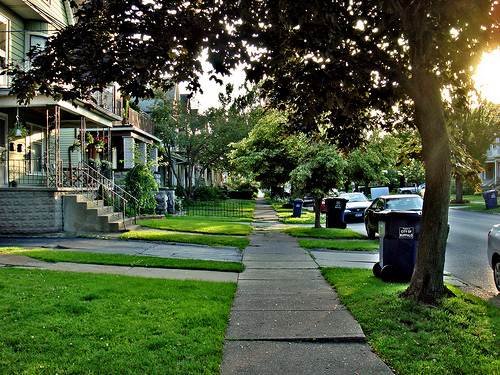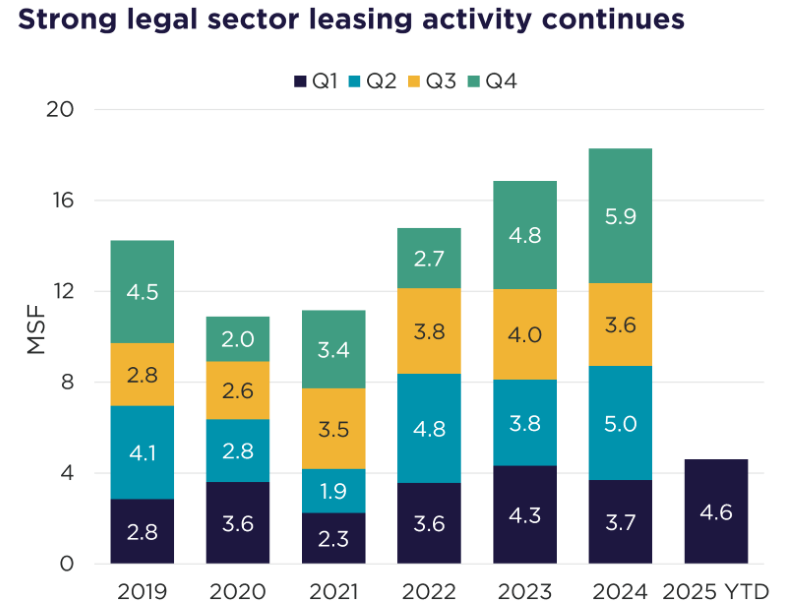Economy Watch: Case-Shiller, Consumers Down
The U.S. national home price index dropped 4.2 percent during the first quarter of 2011, which comes on the heels of a 3.6 percent decline during the fourth quarter of 2010.
June 1, 2011
By Dees Stribling, Contributing Editor
The Case-Shiller indexes were down again during the first three months of the year, and the consensus among residential market observers is that the home-price “double dip” is here–the phrasing that Case-Shiller uses to describe the state of the residential market, in fact. The U.S. National Home Price Index was down 4.2 percent during the first quarter of 2011, which comes on the heels of a 3.6 percent decline during the fourth quarter of 2010. In fact, it’s a new low for the National Index since the onset of the Great Recession, taking home prices back to their mid-2002 levels.
At 138.16, the 20-City Composite index fell below its earlier recessionary low (in April 2009) of 139.26. “This month’s report is marked by the confirmation of a double-dip in home prices across much of the nation,” said David M. Blitzer, chairman of the Index Committee at S&P Indices, in a statement on Tuesday. “Home prices continue on their downward spiral with no relief in sight.”
Naturally, some places are faring better than others. Year-over-year, metro Minneapolis lost the most value, down 10 percent flat. Greater Phoenix likewise was down a large chunk, 8.4 percent, since this time last year. Only metro Washington DC–one out of 20 areas measured by Case-Shiller, in other words–gained value since the first quarter of 2010, up 4.3 percent.
Confidence Board Finds Consumers Sour on Economy
Unsurprisingly, the Conference Board said on Tuesday that the direction of its Consumer Confidence Index mirrored that of the value of U.S. homes, dropping in May. And it was a considerable drop, too. The index, which is now 60.8, had been 66.0 in April.
Both the organization’s Present Situation Index and its Expectations Index were down. Consumer feelings about the current situation dropped month-over-month from 40.2 to 39.3. Their feelings about whatever economic sticky wickets lie ahead–their expectations, that is–were down from 83.2 to 75.2. Not very many consumers expected either business conditions or the job market to improve dramatically during the rest of 2011.
“Consumers are considerably more apprehensive about future business and labor market conditions, as well as their income prospects,” Lynn Franco, director of the Conference Board Consumer Research Center, noted in a statement. “On the other hand, consumers’ assessment of current conditions declined only modestly, suggesting no significant pickup or deterioration in the pace of growth.”
Debt and More Debt
The U.S. House of Representatives voted down a proposal to increase the federal government debt limit by $2.4 trillion in a bit of political theater on Tuesday. Ninety-seven members voted aye, while 318 voted nay. There was never any intension of a passage this time around, since the deadline set by the U.S. Department of the Treasury for an unprecedented default by the United States won’t be for another two months, an eon in Congressional terms.
Meanwhile, a different debt crisis still bubbled in the euro-zone. But the news seemed to be good, at least for the short-term stability of the euro, if not the people of Greece. As of Tuesday evening, there were reports that the Greek government was prepared to accept another dose of austerity to get another fix of funding from the IMF and the EU.
Wall Street took the news about Greece with cheer. The Dow Jones Industrial Average ended up a healthy 128.21 points, or 1.03 percent, on Tuesday. The S&P 500 gained 1.06 percent, while the Nasdaq index advanced 1.37 percent.








You must be logged in to post a comment.